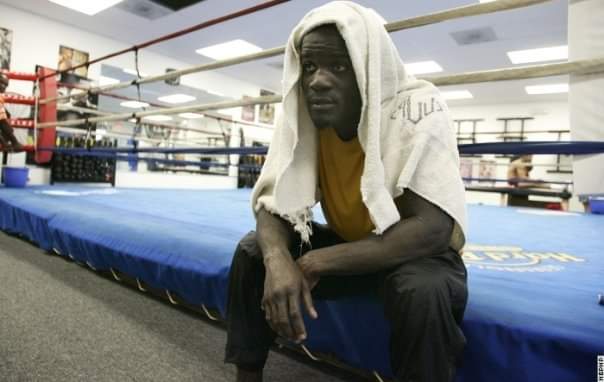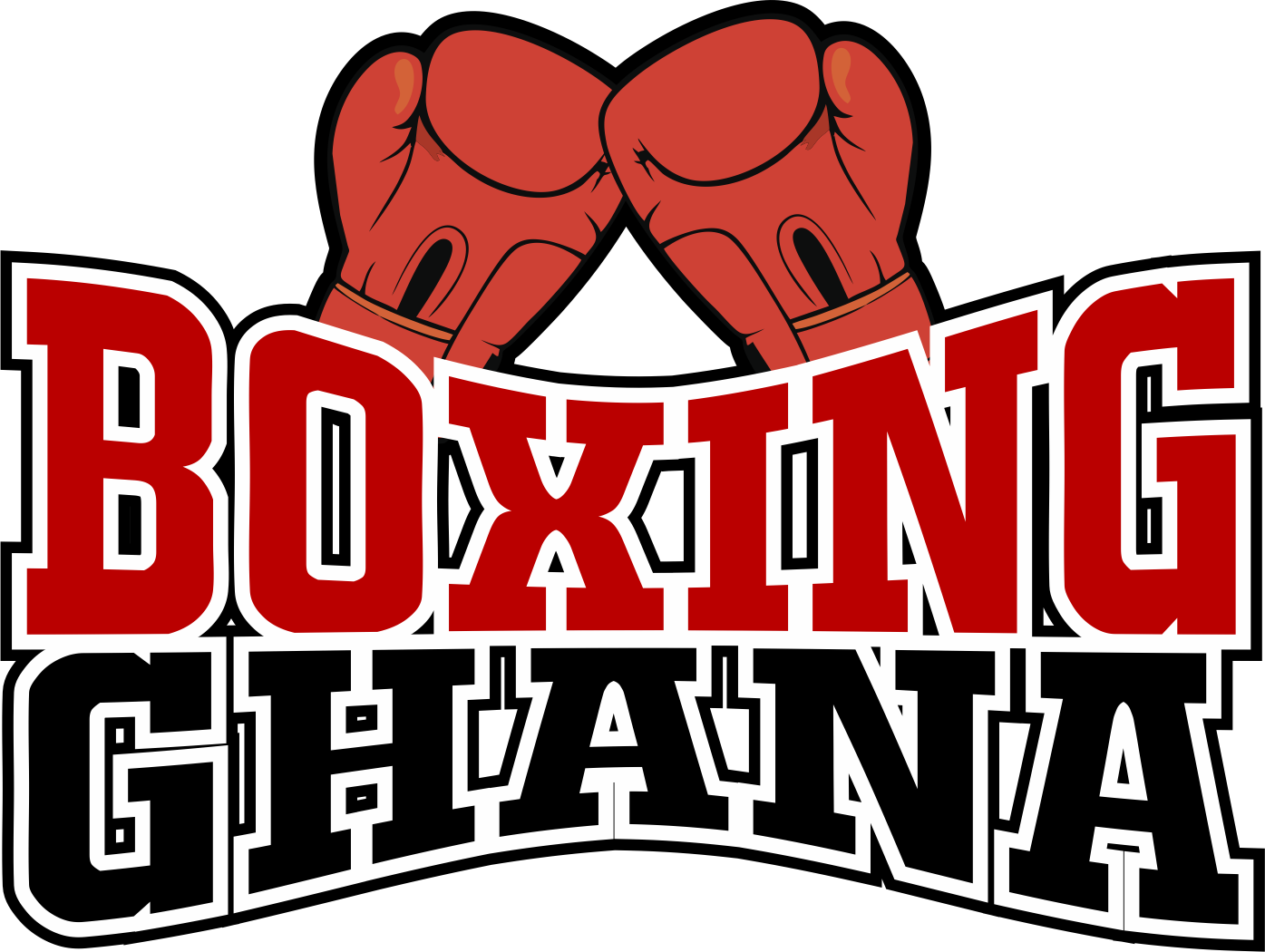
Making it big in boxing in our part of the world remains a difficult task, especially when you lack so many things needed to make it as a professional in Ghana.
The lack of social amenities and goodinfrastructure, as well as living under good medical support which contributes significantly to a boxer’s growth, has left many boxing talents waning.
In Ghana, the main motivation to a fighter who wants to achieve success is determination and hard work, unlike in countries such as the United States and United Kingdom where programmes are designed to make you great despite your talent.
In the case of former International Boxing Federation (IBF) welterweight champion, Joshua Clottey, he had to make so many sacrifices to be able to achieve his aim of conquering the world.
He narrated how he had to quit his first love, football, to chase a dream in boxing which came to him as a surprise because he never thought of a career in the pugilistic sport.
To Clottey, wearing a pair of gloves to challenge a boxer to a fight and later vomiting after a defeat was enough inspiration to pursue a career in boxing which started with bright amateur performances.
“I never dreamt of becoming a professional boxer because football was my thing right from infancy, but I challenged a boxer once and I had to vomit after my loss to him and that began my journey in boxing.
“It turned out to be the source of motivation to my career because I needed to beat that fighter at all cost, which I did later in my amateur career,” Clottey told the Graphic Sports as he reflected on his career.

Amateur days
The decision to commence training in boxing led him to start engaging in amateur bouts, which he described as an area of a fighter’s career that must be taken seriously by the Ghana Boxing Federation (GBF), if the country was to produce more world champions in the future.
Clottey fought his way to become one of the best amateur boxers in the country by making it onto the national amateur team, Black Bombers, and competing in several international competitions.
In 1994, he competed at the Commonwealth Games in Vancouver, having already had stints with the Black Bombers in AIBA competitions and African Games, where he won several medals.
In describing the feeling of having a great amateur career, Clottey explained that it was that prowess which propelled former GBF President, Ray Quarcoo, to invest in him until he turned professional.
“Fighting at the amateur stage is the best in a boxer’s career because it propels you to become composed and equipped before venturing into the professional aspect.
“I had a great amateur career and that was what informed Ray Quarcoo to support me throughout, as well as lead me into my professional journey,” he noted.
His athleticism and desire to reach greater heights motivated him to turn professional after the Commonwealth Games in 1994 and to make his debut in March 1995 when he defeated Samuel Lotsu.
Professional journey
Being an amateur and being a professional in boxing are two different things, and making it big at this stage requires several things, including a manager and a promoter to reach your full potential.
It was in this light that Ray Quarcoo led him through his 12-fight local professional journey before signing him off to a United Kingdom-based promotional outfit where he spent three years in London, winning five bouts and losing once to Carlos Manuel Baldomir in 1999.
“I started my professional career after the 1994 Commonwealth Games by winning all my local bouts and within a year,
I travelled to the United Kingdom to sign a promotional outfit in my quest to become a world champion.
“Throughout my stay in London, I fought some good fights but couldn’t have my breakthrough because all the top boxers avoided me,” Clottey recounted.
Despite enjoying his stay in London, Clottey failed to get the required bouts to lead him to a world title so he returned home to have some fights.
It was the zeal to succeed in tough situations that drew Clottey back to Ghana to fight four times before making his journey to the United States, which he described as his breakthrough move.
Clottey told the Graphic Sports that before making his move to the US to enhance his career, his promotional contract with the United Kingdom-based promoters was pending, which he needed to sort out.
“I wanted to succeed in my career by becoming a world champion, so I decided to move back to Ghana to start again from home because I needed to fight, which I was not getting in the United Kingdom.
“Having fought four times upon my return home, I went back to talk to my promoter in the United Kingdom on my decision to move to the US and he agreed and issued me a release letter,” he narrated.

Breakthrough
With the help of a London-based manager, Freddie Anang, Clottey relocated to the US where he met up with his elder brother, Emmanuel Clottey, who was based and trained in New York.
He teamed up with his brother to train in a gym in New York where he impressed in sparring sessions and was recommended to Lou DiBella of DiBella Entertainment, who signed him on to a promotional contract.
Clottey’s dream of making it in US took off with regular bouts until he was sold to Top Rank Promotions where he had the chance to challenge for the World Boxing Organisation (WBO) title against Antonio Margarito.
“From my performances at training in New York, the trainers recommended me to Lou DiBella who signed me to a promotional deal and I started fighting regularly.
“He later sold me to Top Rank Promotions and I had the chance to fight for the world title against Margarito which I lost,” he mentioned.
After the defeat, Clottey fought his way back by winning four bouts against the likes of Diego Corrales, Diego Flores, Shamone Alvarez and Jose Luis Cruz to land himself a shot at a vacant IBF strap where he defeated America’s Zab Judah to become Ghana’s seventh world titlist.
The 42-year-old, however, saw his reign as world champion cut shot when he lost his first title defence to Miguel Cotto, but had the best opportunity against Filipino’s Manny Pacquaio in his next fight but failed to impress.
In all, Clottey believes he has lived his potential in the sport and has called on upcoming fighters to continue chasing their dreams with determination.
By: Bernard Neequaye
